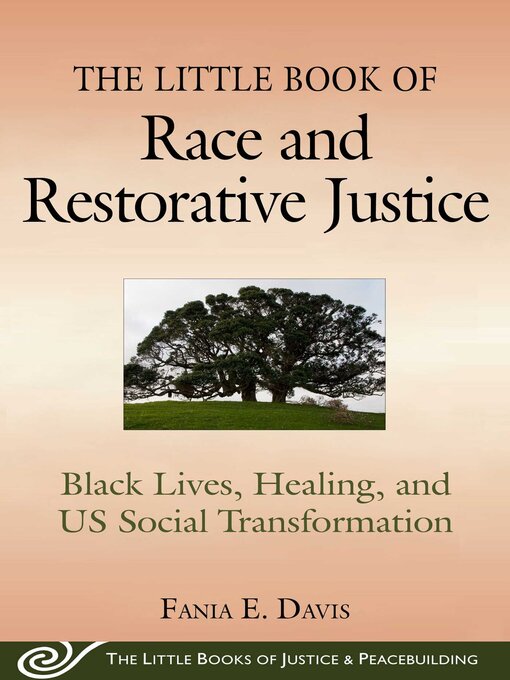
## Metadata
- Author: [[Fania E. Davis]]
- Full Title: The Little Book of Race and Restorative Justice
- Category: #books
## Highlights
- Neither tyranny of community nor extreme individualism, ubuntu invokes a dialectical unity of opposites. In the African worldview,1 independence is inseparable from interdependence, and individuality expands from being solitary to being in solidarity
- Contemporary restorative justice arises alongside the historical backdrop of heightened international awareness that indigenous knowledges, grounded in an ecological ethos of interrelatedness and collaboration, have much to offer today’s fractured world. The corollary is the growing recognition that for more than five hundred years, Western knowledge systems, based on an ethos of separateness, competition, and subordination, have contributed to pervasive crises that today imperil our future
- Justice is a healing ground, not a battleground
- Though restorative justice is new to Western jurisprudence, it is not at all new in the broader sweep of human history. For most of human history, reconciliation and restitution to victims and their kin took precedence over vengeance. This is because restoring social peace and avoiding blood feuds were paramount social concerns. Restitution and reconciliation, not punishment, were overarching aspirations
- The United States is a nation born in the blood of the enslavement of Africans and genocide of Native Americans. It is founded on white supremacy, the bedrock belief that the white race is inherently superior to the black race
- Race is not real, but racism is very real. We are a nation that is loath to confront and be honest about the meaning of slavery, genocide, lynching, segregation, mass incarceration, and the unremitting torrent of racist abuse against communities of color